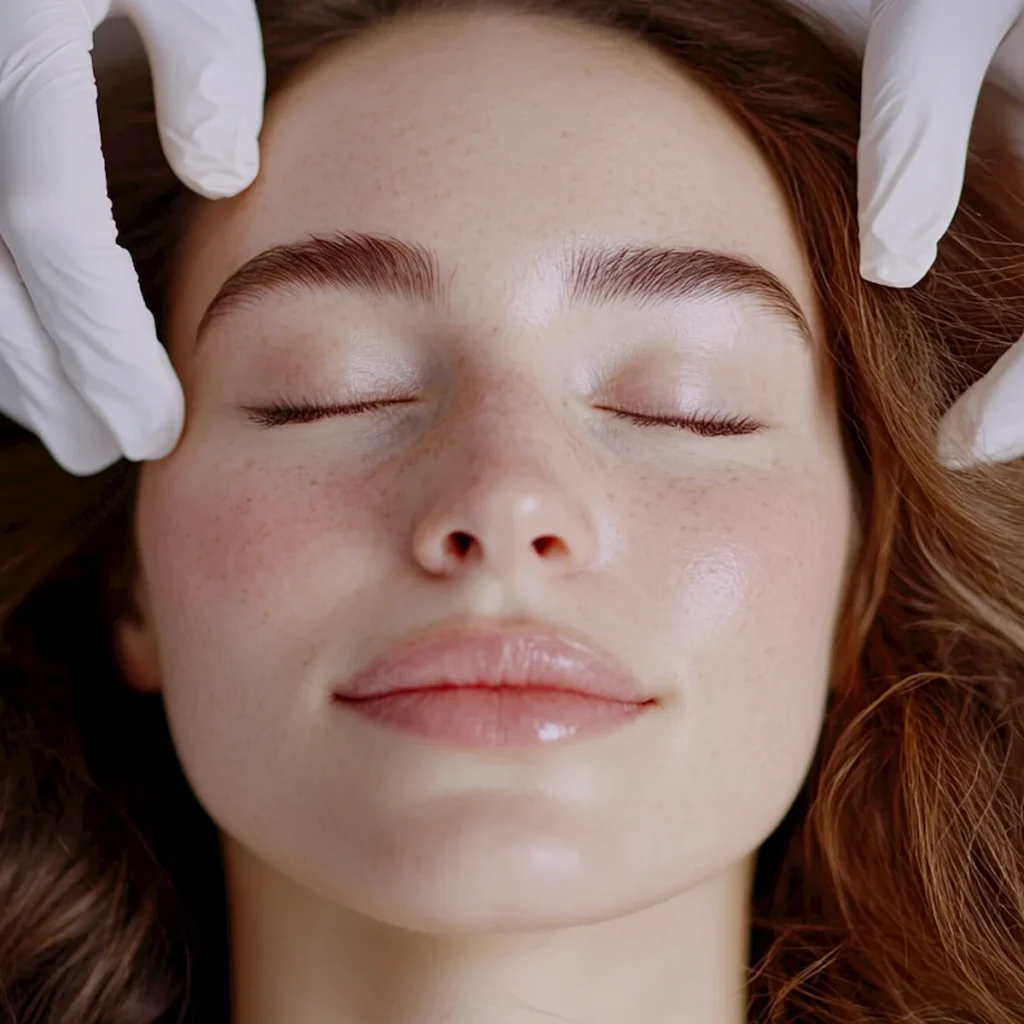The short answer is: Yes, cosmetic procedures are generally safe when performed by board-certified professionals in a reputable clinic.
In today’s world, cosmetic procedures are more popular than ever. From non-surgical treatments like Botox and laser resurfacing to more advanced procedures like liposuction and facelifts, people are increasingly turning to aesthetic enhancements to boost confidence and rejuvenate their appearance. However, one of the most common questions we hear at Jacksonville Dermatology & Cosmetic Surgery is: Are cosmetic procedures safe?
If you’re considering a cosmetic procedure in Jacksonville or surrounding areas, schedule a consultation with our Jacksonville Dermatology & Cosmetic Surgery team.

Understanding the Safety of Cosmetic Procedures
The Role of FDA Approval & Medical Research
Many cosmetic procedures are FDA-approved, meaning they have undergone rigorous testing for safety and effectiveness (FDA). However, some treatments may still be considered “off-label,” which means they are used in a way that is not explicitly approved by the FDA but is still widely accepted in the medical community.
For example:
- Botox is FDA-approved for wrinkles and fine lines but is also used off-label for other concerns like facial slimming and migraine relief.
- Dermal fillers are FDA-approved for volume loss but are sometimes used in non-traditional areas like the nose (liquid rhinoplasty).
Who Performs the Procedure Matters
The safety of a cosmetic procedure largely depends on the qualifications and experience of your provider (American Board of Dermatology).
- A board-certified dermatologist or plastic surgeon has extensive training in skin anatomy, medical treatments, and aesthetics.
- A licensed and experienced provider should always perform injections, laser treatments, and surgical enhancements.
- Avoid “bargain” cosmetic procedures performed by unlicensed providers in non-medical settings, as these often carry higher risks of complications.
At Jacksonville Dermatology & Cosmetic Surgery, all procedures are performed by qualified professionals to ensure maximum safety and effectiveness.
Risks & Complications: What You Should Know
While most cosmetic procedures are minimally invasive and low-risk, it’s essential to understand potential complications (American Board of Plastic Surgery).
Non-Surgical Procedures (Fillers, Botox, Laser Treatments, Chemical Peels)
- Bruising and swelling (common but temporary)
- Allergic reactions (rare but possible with certain fillers)
- Overcorrection or asymmetry (which can often be adjusted by an expert)
Surgical Procedures (Liposuction, Facelifts, Rhinoplasty, Eyelid Surgery)
- Infection (minimized with proper aftercare and sterile techniques)
- Scarring (controlled by skilled surgical techniques)
- Anesthesia-related risks (low when performed by a board-certified anesthesiologist)
The Importance of a Consultation & Medical History Review
Before any cosmetic procedure, a thorough consultation is a must (Florida Board of Medicine). A reputable provider will:
- Assess your skin type, medical history, and aesthetic goals.
- Discuss potential risks and alternatives.
- If needed, perform a patch test (for chemical peels and laser treatments).
- Give clear pre-procedure and post-procedure instructions.
If a provider does not take the time to review your medical history or discuss potential risks, this is a red flag.
How to Ensure a Safe Cosmetic Procedure in Florida
1. Choose a Licensed, Board-Certified Provider
In Florida, it’s crucial to verify that your dermatologist or cosmetic surgeon is board-certified by the American Board of Dermatology (ABD) or the American Board of Plastic Surgery (ABPS) (Florida Board of Medicine). You can check a provider’s credentials through the Florida Board of Medicine website.
2. Avoid Non-Medical or “Spa” Procedures That Lack Oversight
Many med spas in Florida offer injectables and laser treatments, but not all are supervised by medical professionals (FDA). Always ask:
- Who is performing the procedure? (A doctor, nurse, or aesthetician?)
- What type of medical oversight is there?
- Do they have emergency protocols in place?
3. Read Reviews & Look at Before-and-After Photos
Patient testimonials and before-and-after galleries provide insight into the clinic’s work. Look for consistent results and natural-looking outcomes (American Board of Plastic Surgery).
4. Follow All Pre- and Post-Procedure Instructions
To minimize risks and ensure a smooth recovery, follow your provider’s pre- and post-care instructions. This may include:
- Avoiding blood thinners (like aspirin) before injectable treatments.
- Wearing sunscreen after laser treatments to prevent pigmentation issues.
- Sleeping with your head elevated after facial surgery to reduce swelling.
So, Are Cosmetic Procedures Safe?
Yes, cosmetic procedures are generally safe when performed by a qualified, experienced provider in a medical setting. The key to a safe and successful outcome is:
- Choosing the right provider with proper training and certification.
- Understanding potential risks and realistic expectations.
- Following pre- and post-care guidelines to optimize healing.

Contact Jacksonville Dermatology & Cosmetic Surgery Today
If you’re considering a cosmetic procedure in Jacksonville or surrounding areas, schedule a consultation with our Jacksonville Dermatology & Cosmetic Surgery team. We prioritize patient safety, personalized care, and natural-looking results.
Book your consultation today! Call us or visit our website to learn more.
GET IN TOUCH

